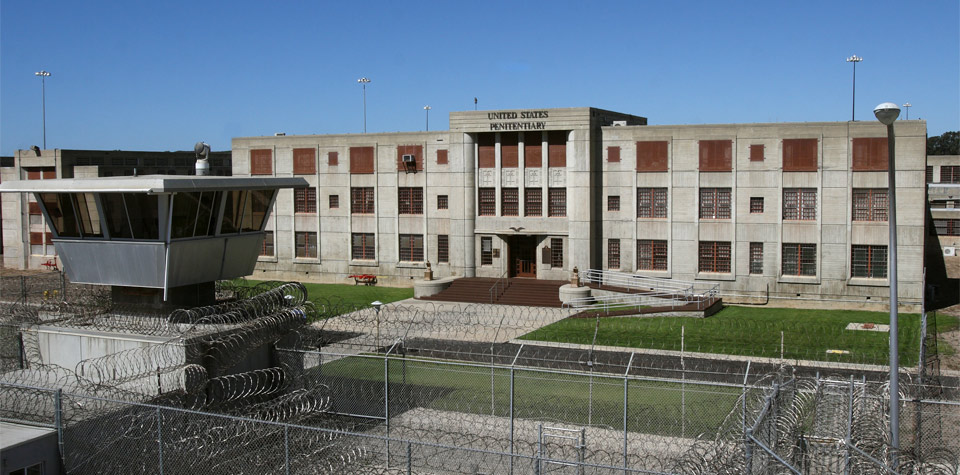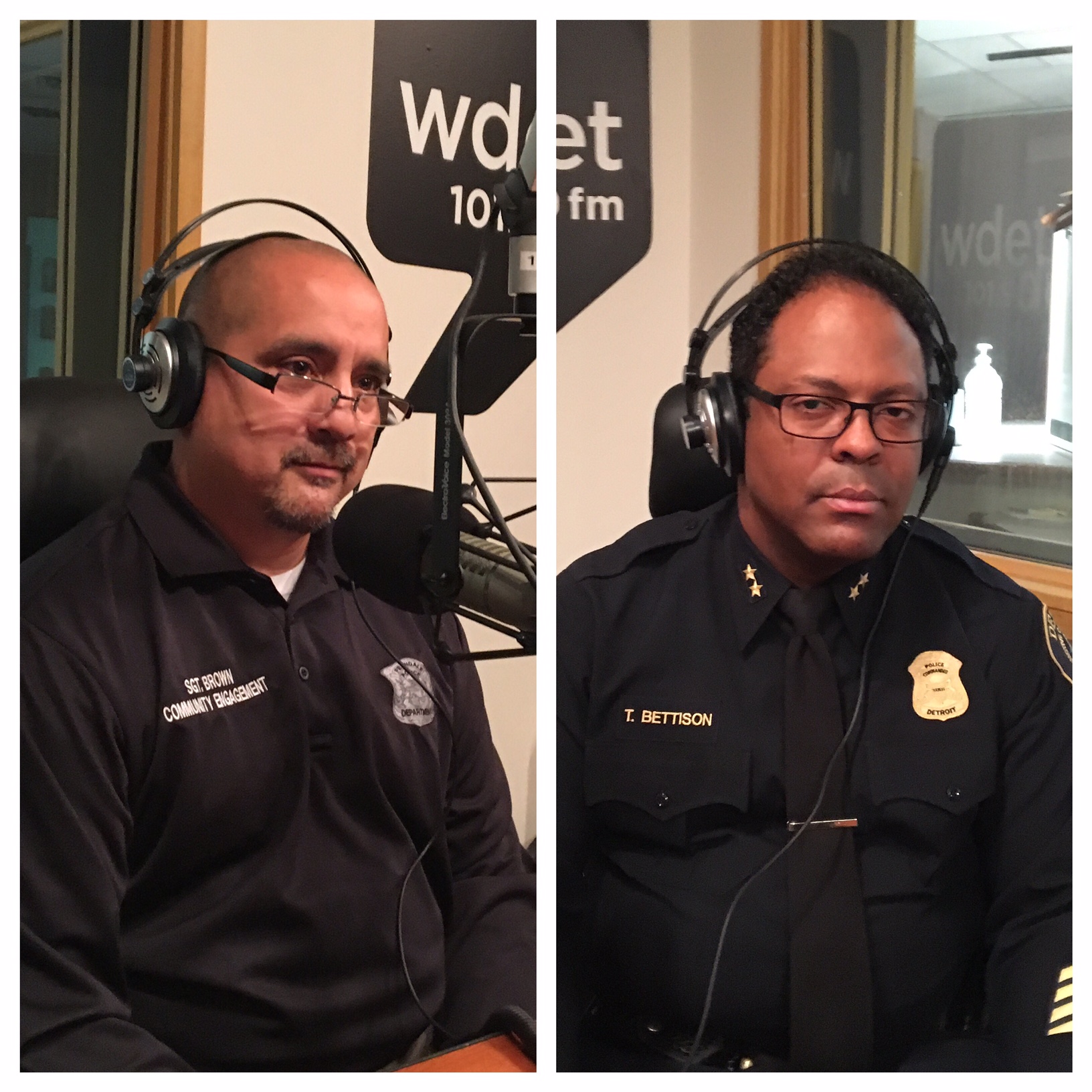The Successes And Failings Of The Modern Justice System
How did the justice system contribute to civil unrest in 1967 and what’s changed?

USP LOMPOC Federal Prison

WDET and our Detroit Journalism Cooperative partners are looking back to look forward. Nearly 50 years after this city and others erupted in violence, the cooperative is exploring whether conditions contributing to that civic unrest have changed. We are looking at the Kerner Commission Report that tried to determine why African Americans in so many cities were rioting during the 1960s.
One of the issues, according to the commission, was the justice system itself. Detroit Today explores the modern justice system, especially what’s changing.
“Black people make up about 13 percent of the nation’s population, about a third of those who are incarcerated, and they make up 47 percent of those who are found to be wrongfully convicted. That’s a travesty,” says Michigan Radio reporter Lester Graham.
WDET Special Assignments Manager Sandra Svoboda says part of the reaction has been an effort to crack down on wrongful convictions, including the so-called “innocence movement.”
“What happened late in the 20th century was the science, the DNA testing, that was able to be done on biological evidence in cases where it existed and prove that the person convicted was not the perpetrator,” says Svoboda. “One of the things that happened with those cases, people started looking into why the wrongful conviction happened. What were the factors that led to that mistake in the system?”
Detroit Today host Stephen Henderson also speaks with two law enforcement officials in and around Detroit about the concept of “community policing.”
“One of the things that makes (Detroit police) different is, ever since Coleman Young was mayor back in the day, he ensured that… the police department was reflective of the community in which they serve,” says Detroit Police Department Commander Todd Bettison. “And to this day, we strive very hard to do that.”
Ferndale Police Department Sgt. Baron Brown says officers in that city used to be required to live in Ferndale. He says the department hopes to get back to a similar level of personal investment in and understanding of the community it serves.
“We are trying to reintroduce our police officers to our community in a way that has kind of been absent in the last 20 years of so, since we don’t have to live in the city anymore,” says Sgt. Brown. “Our approach has been to make each the police officer and the community, the residents, feel as though they are all on the same team and striving for the same goal.”
Henderson also speaks with WDET Community Reporter Laura Herberg about her recent reporting on how families cope when parents go to prison.
Click on the audio player above to hear the full conversation.
